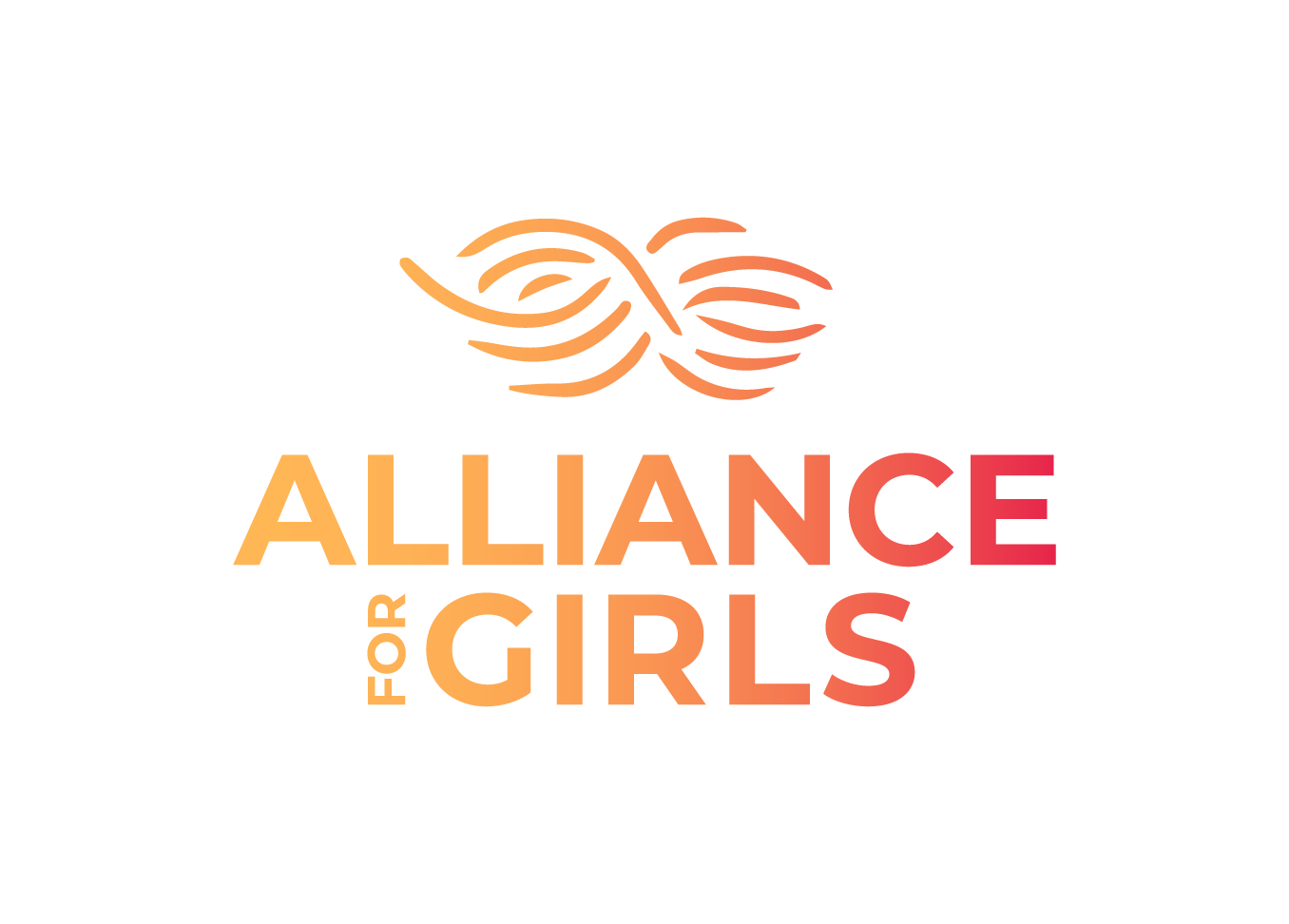Menstrual Equity is Economic Justice
by Monika Dymerski, Policy Fellow at Equal Rights Advocates, originally published here.

Economic security is a key tool to achieving gender justice, and a critical aspect to securing economic stability is menstrual equity.A report published in 2019 found that more than four in five teens (84%) have missed class, or know someone who has missed class due to the lack of access to menstrual hygiene products. Additionally, one in five teens reported not being able to afford menstrual products, which impacts their mental well-being. Such disruptions cost considerable time and resources, which can be particularly burdensome on youth, low-income people, unhoused people, and other vulnerable populations.As gender justice advocates, we know that the pandemic is disproportionately impacting women, especially women of color. And during the pandemic, more people have struggled to pay for essential items, including menstrual products. “Period poverty,” or the reality that people struggle to access sanitary products, is exacerbated in the wake of the public health crisis. We must close equity gaps in resources and period product access to ensure every menstruating person has the opportunity to thrive at school, work, and beyond. This commitment is necessary now more than ever.In 2017, ERA supported California Assembly Bill 10 (C. Garcia), a priority bill of the Stronger California Advocates Network, which served as the first law of its kind in the nation. Now signed into law, AB 10 requires free menstrual supplies in at least half the bathrooms at middle and high schools where at least 40 percent of students live in poverty.Last fall, ERA supported a similar policy at the local level. We urged the Santa Clara Board of Supervisors to approve a Board Referral (ID# 102937) to help close gaps in period product access. The policy was ultimately approved by the Board, bringing the county one step closer to equal access to menstrual products, regardless of income.This year at the state level, Equal Rights Advocates and the Stronger California Advocates Network are supporting AB 367, also authored by Assemblymember Cristina Garcia. AB 367 would tackle this inequity head-on by ensuring access to menstrual products in schools across the state of California. This bill would require free menstrual products in restrooms in public schools with grades 6-12, community colleges, California State Universities, and public agency buildings.Menstrual equity and period poverty are gaining attention on the policy stage in other states as well. Advocates and legislators are becoming increasingly aware of how crucial access to menstrual products is to securing educational access and economic justice. Over the past year, 7 states have introduced similar legislation, including: Colorado; Florida; Maryland; Missouri; Oregon; Pennsylvania and Washington.It is crucial that we keep this momentum going. California must pass AB 367 to ensure that people who menstruate have equal access to education and opportunities, irrespective of their gender or economic status.
